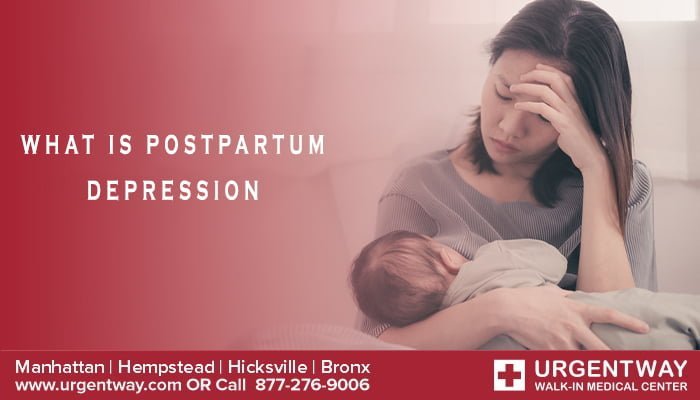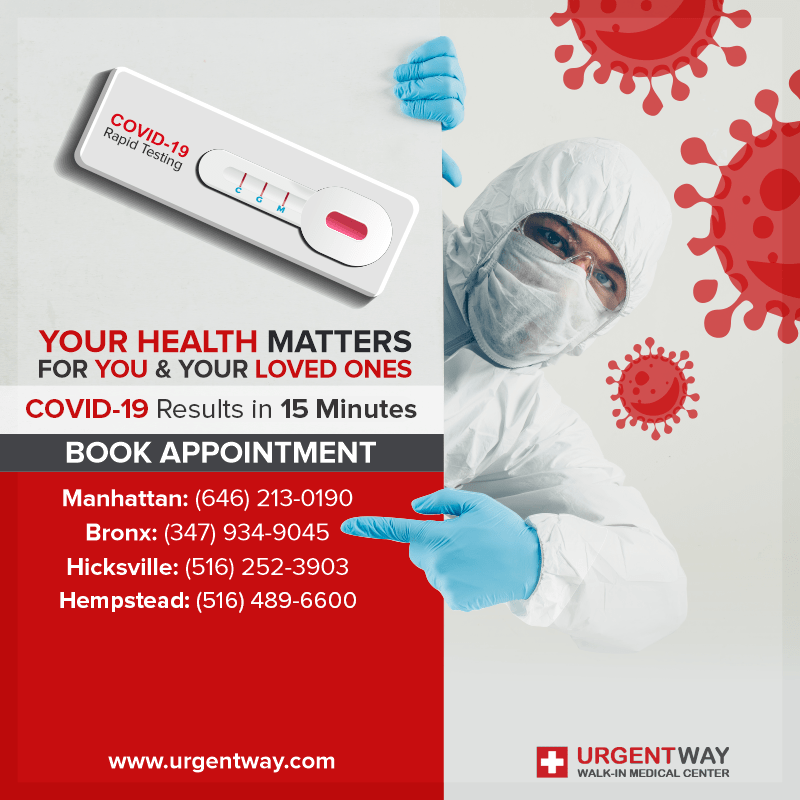Postpartum depression (PPD) is a form of clinical depression that can occur after childbirth. It is caused by a combination of physical and hormonal changes, as well as psychological factors.
PPD can make it difficult for new mothers to bond with their babies, cope with the demands of motherhood, and function in their everyday lives.
Did you know that one in nine women experience postpartum depression? If you are one of those women, or if you know someone who is, it’s important to understand what postpartum depression is and how to get help.
It’s no secret that giving birth is a life-changing experience. But for some women, the changes that come after delivery can be more difficult than anticipated. If you’re experiencing symptoms of PPD, it’s important to get help. Here’s everything you need to know about PPD.
Symptoms of Postpartum Depression:
Symptoms of postpartum depression can include:
- Feeling sad, hopeless, or overwhelmed
- Loss of interest in activities that used to bring joy
- Sleeping too much or having trouble sleeping
- Withdrawing from family and friends
- Struggling to bond with your baby
- Feeling worthless or like a bad mother
- Having intrusive thoughts about harming yourself or your baby
If you’re experiencing any of these symptoms, it’s important to reach out for help. PPD is a treatable condition, but it won’t go away on its own.
Treatment of Postpartum Depression
There are many ways to get help if you’re struggling with PPD. You can start by talking to your doctor, who can refer you to a mental health professional. Therapy, medication, and support groups are all effective treatments for PPD.
Treatment for postpartum depression typically includes some combination of medication and counseling.
– Medication: Antidepressants are often used to treat PPD. Selective serotonin reuptake inhibitors (SSRIs) are a type of antidepressant that is generally considered safe for use during breastfeeding.
– Counselling: Talking with a therapist can be an effective way to manage the symptoms of PPD. Therapists can help you understand and deal with your feelings, develop healthy coping mechanisms, and set realistic goals.
If you think that you might be suffering from PPD, don’t hesitate to reach out for help. Treatment is available and can make a world of difference.
FAQs:
– What is postpartum depression?
Postpartum depression (PPD) is a form of clinical depression that can occur after childbirth. It’s believed to be caused by a combination of physical and hormonal changes, as well as psychological factors.
– How common is PPD?
One in nine women experiences postpartum depression.
– How is postpartum depression treated?
Treatment for PPD typically includes some combination of medication and counseling. Antidepressants are often used to treat PPD, and talking with a therapist can be an effective way to manage the symptoms of PPD.
– I think I might be suffering from PPD. What should I do?
If you think you might be suffering from postpartum depression, don’t hesitate to reach out for help. Treatment is available and can make a world of difference.


